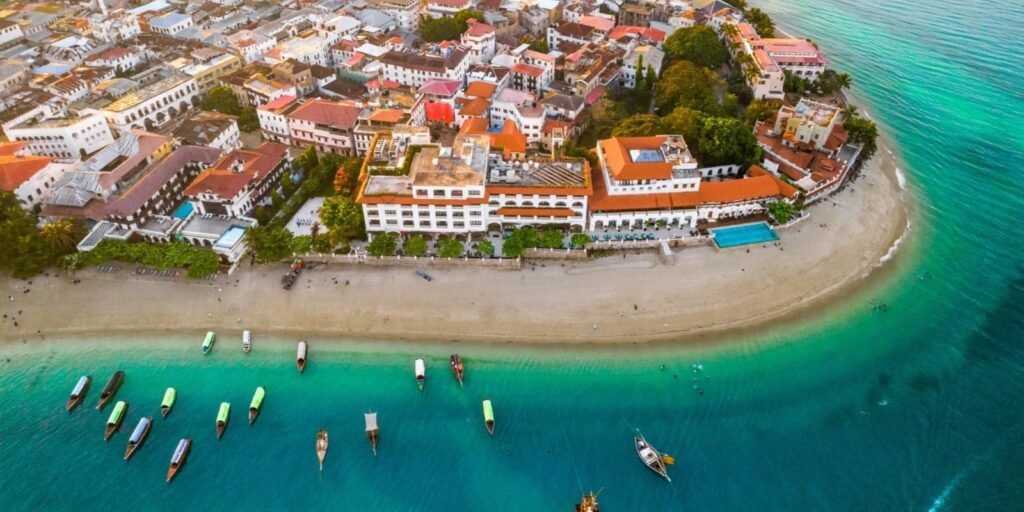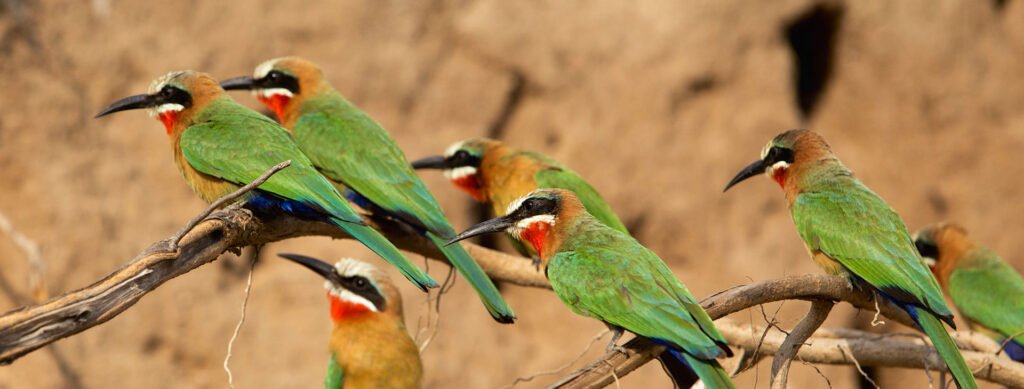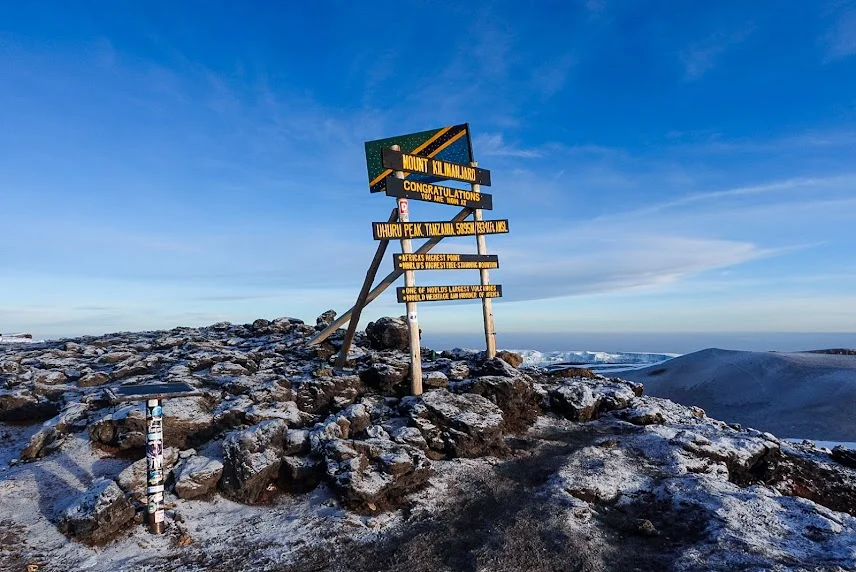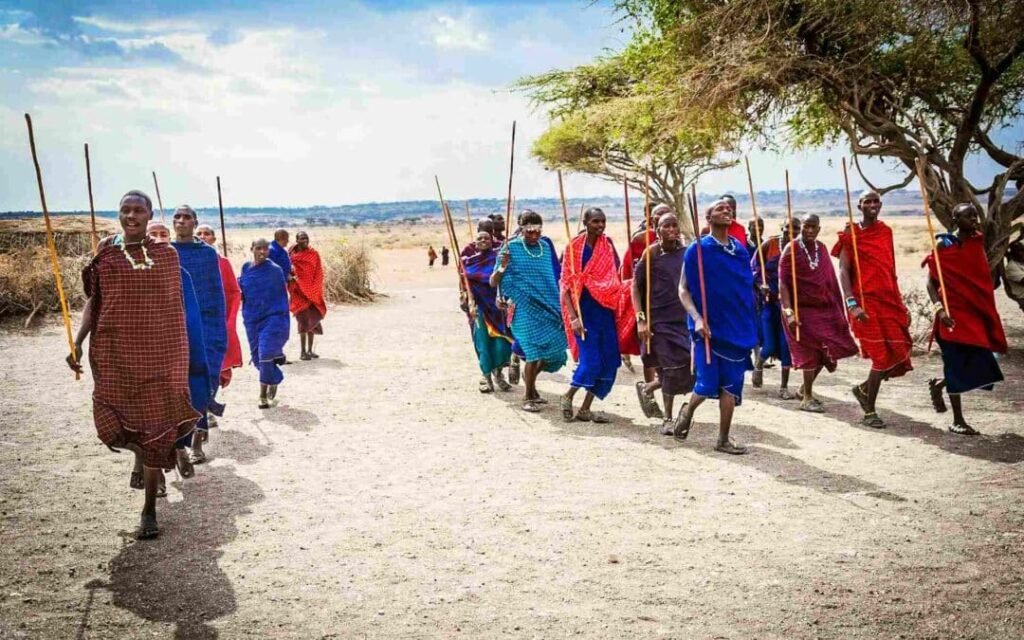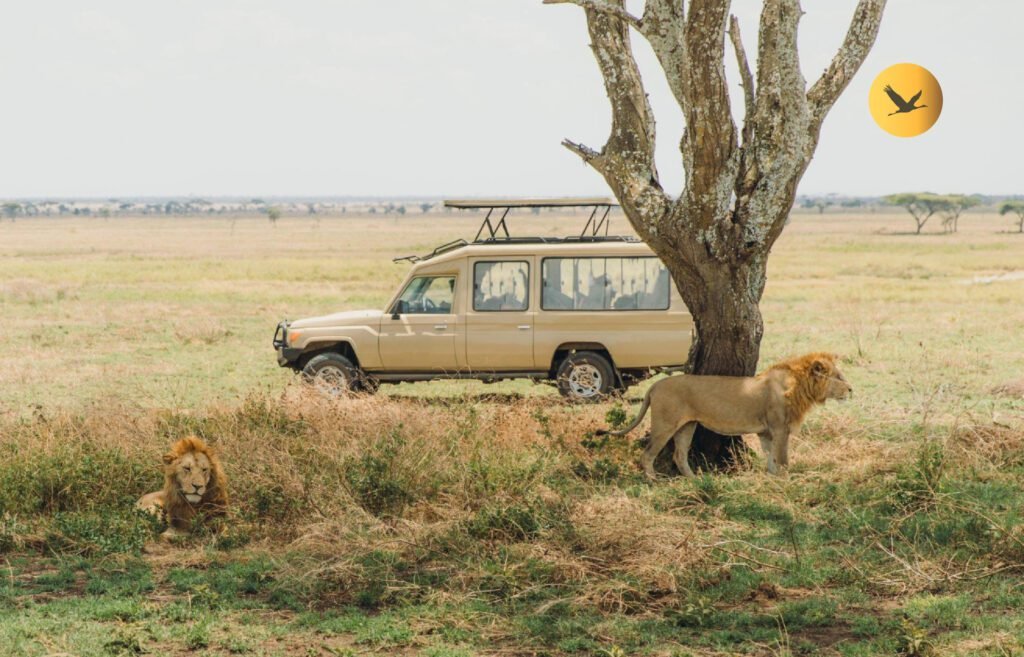Traveling to Africa’s wilderness is a life-changing experience, but today’s safari travelers are seeking more than just luxury—they want experiences that protect wildlife, support local communities, and preserve the environment. That’s where eco-lodges and sustainable safari camps in Tanzania and across East Africa come in. These lodges combine comfort with conservation, offering guests the chance to enjoy breathtaking safaris while making a positive impact.
Why Choose Eco-Lodges on Safari?

Eco-lodges are designed to minimize their footprint while maximizing guest experience. They use renewable energy, eco-friendly construction, and community-based initiatives to ensure sustainability. Staying in an eco-lodge means:
- Supporting wildlife conservation efforts.
- Reducing environmental impact through responsible practices.
- Empowering local communities by creating jobs and supporting cultural programs.
- Experiencing authentic, close-to-nature stays without compromising on comfort.
Top Eco-Lodges and Camps in Tanzania
1. Serengeti Pioneer Camp
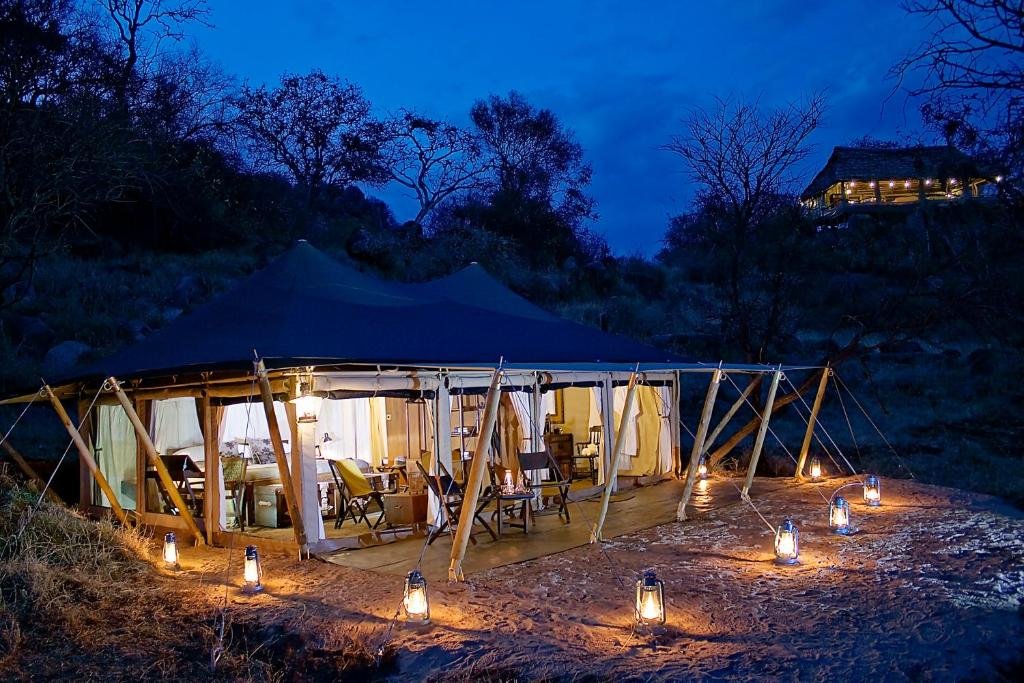
Nestled in the heart of Serengeti National Park, this camp recreates the classic 1930s safari style while using eco-conscious practices. Guests enjoy solar-powered energy, eco-friendly facilities, and a front-row seat to the Great Migration.
2. Asilia’s Dunia Camp – Serengeti
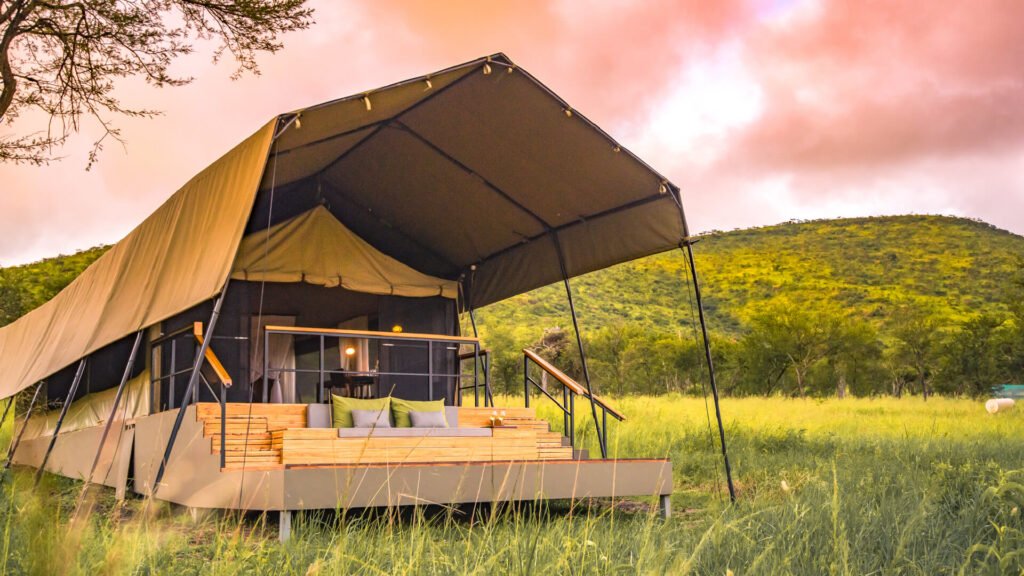
Run entirely by women, Dunia Camp is a leader in both gender empowerment and sustainability. Built with minimal impact on the environment, it offers luxury tents that blend seamlessly into the wilderness.
3. Tarangire Treetops
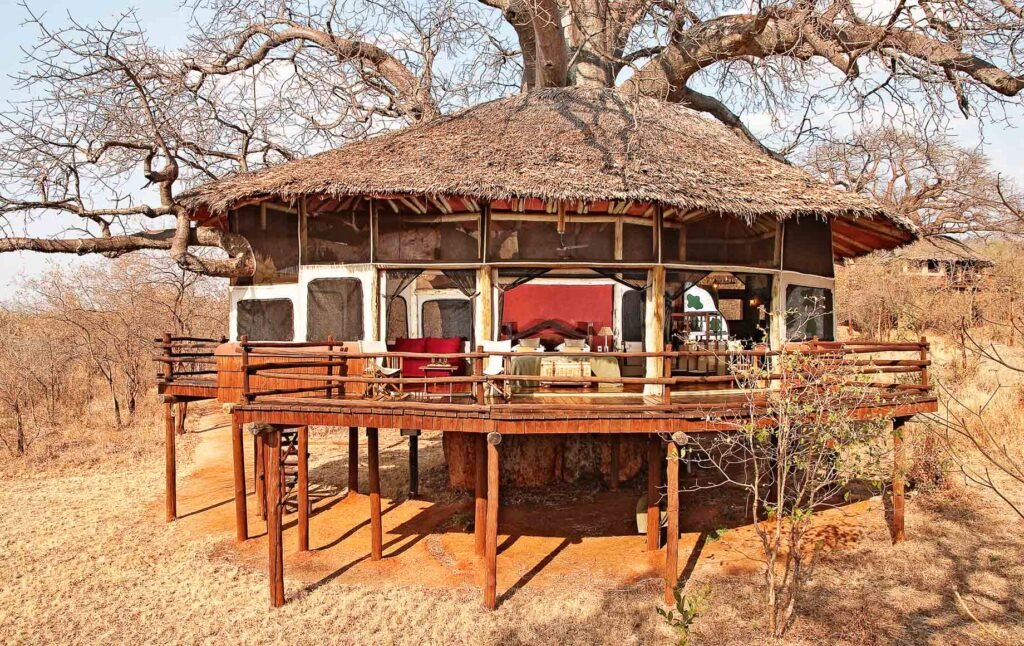
Located on the border of Tarangire National Park, this eco-lodge is built high in the baobab trees. With solar energy and community-driven projects, it offers guests a unique, sustainable stay while supporting local Maasai communities.
4. Ngorongoro Crater Lodge – Conservation Focused
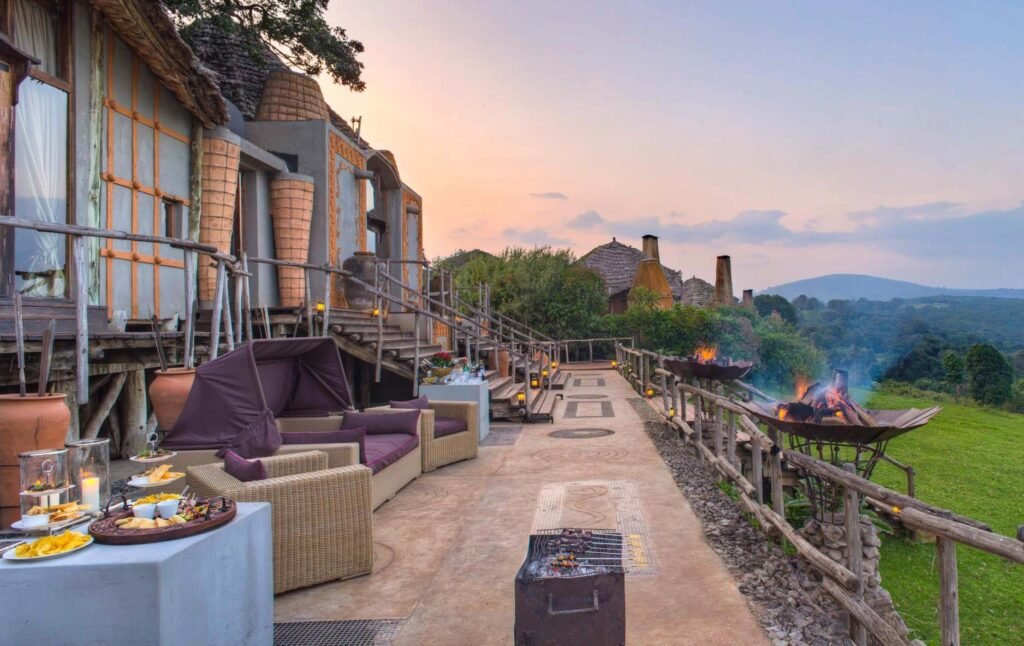
Perched on the rim of the Ngorongoro Crater, this lodge combines luxury with conservation efforts that protect both wildlife and the delicate crater ecosystem. Eco-friendly initiatives include water conservation and solar energy use.
5. Chumbe Island Coral Park – Zanzibar
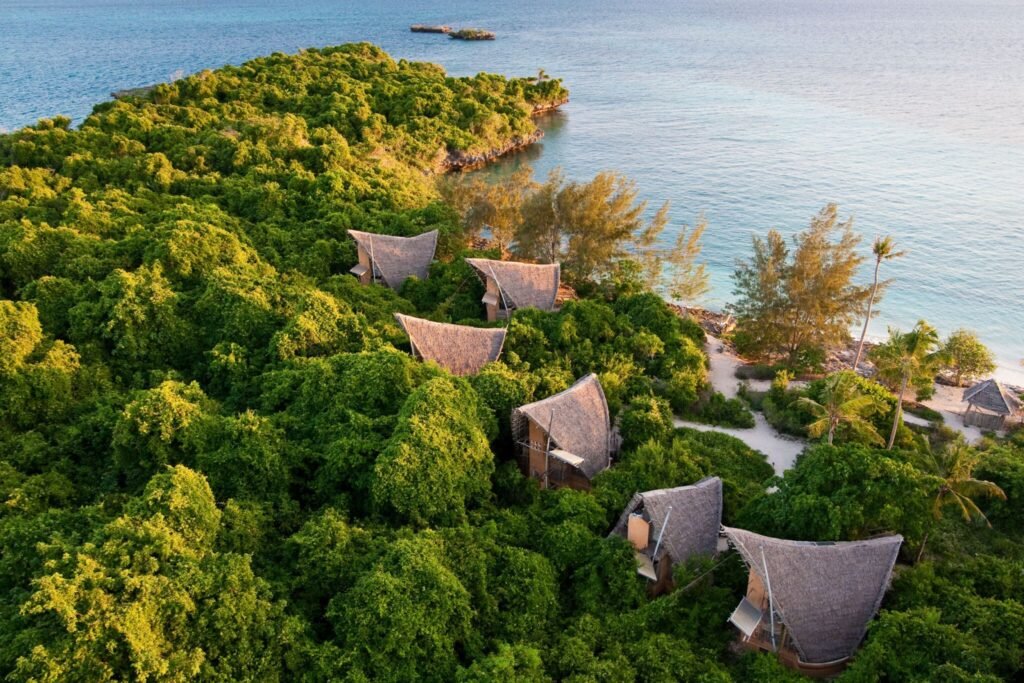
For travelers heading to the coast, Chumbe Island is a model of marine conservation. With solar-powered bungalows, compost toilets, and protected coral reefs, it’s one of the world’s leading examples of eco-tourism.
How Eco-Lodges Support Sustainability
Eco-lodges in Tanzania go beyond green practices; many also support:
- Wildlife Protection: Funding anti-poaching patrols and habitat restoration.
- Local Communities: Employing staff from nearby villages and supporting schools and health clinics.
- Cultural Experiences: Encouraging authentic interactions with Maasai and Hadzabe tribes through responsible tourism.
Tips for Choosing an Eco-Lodge
- Look for certifications such as Eco Tourism Tanzania or Travelife.
- Research how the lodge supports local communities and conservation projects.
- Check for renewable energy use, waste management, and water-saving practices.
- Choose small, low-impact camps that respect the environment.
Final Thoughts
Choosing an eco-lodge in Tanzania is more than just a travel decision—it’s a way to ensure your safari has a lasting, positive impact. Whether you’re watching lions in the Serengeti, elephants in Tarangire, or relaxing on Zanzibar’s shores, eco-friendly stays allow you to experience Africa responsibly. By supporting these lodges, you become part of the movement to protect nature, empower communities, and preserve Africa’s beauty for generations to come.

